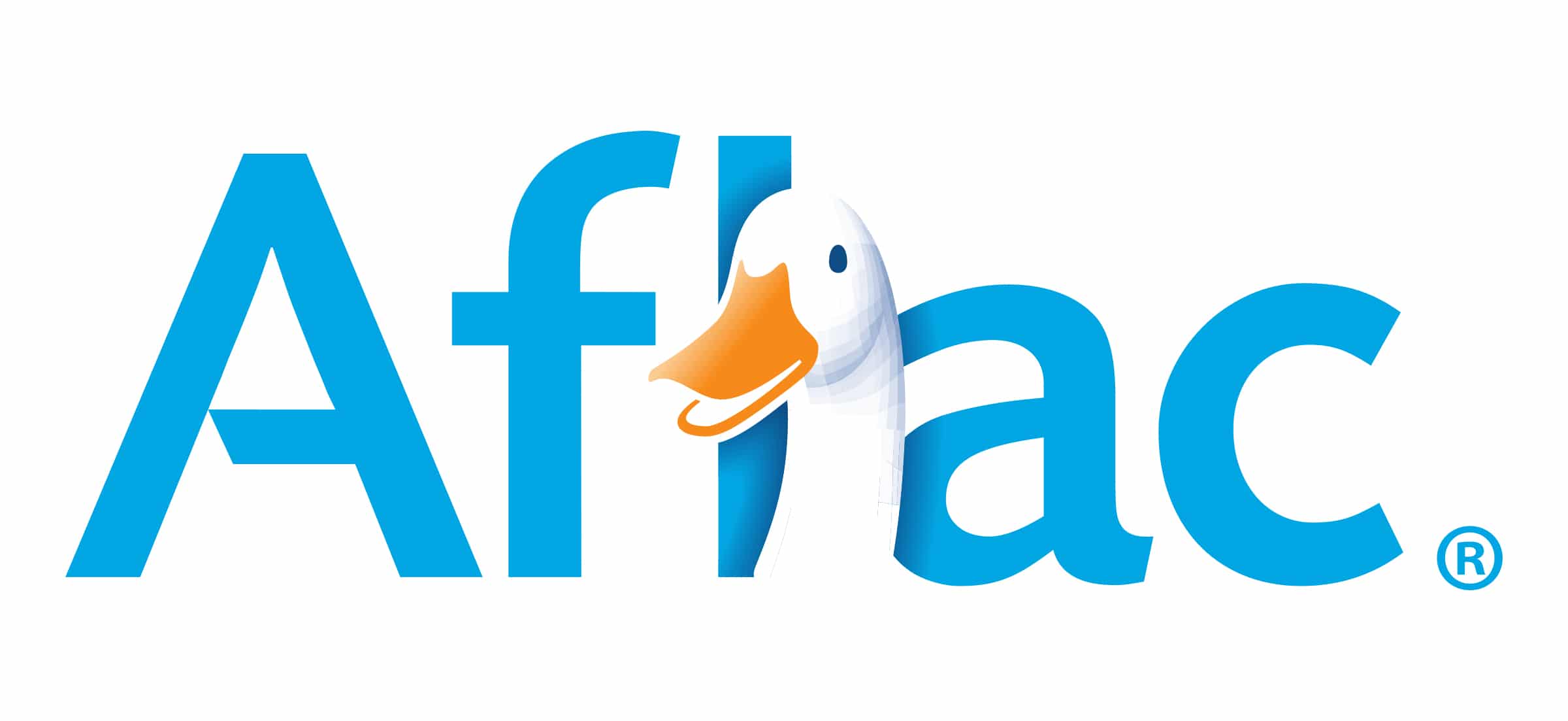Home>Finance>How Long Is The Grace Period If Insurance Is Cancelled In NC?


Finance
How Long Is The Grace Period If Insurance Is Cancelled In NC?
Published: February 20, 2024
Learn about the grace period for cancelled insurance in North Carolina. Get expert advice on managing your finances effectively. Find out more here.
(Many of the links in this article redirect to a specific reviewed product. Your purchase of these products through affiliate links helps to generate commission for LiveWell, at no extra cost. Learn more)
Table of Contents
Introduction
Understanding the Grace Period for Insurance Cancellation in North Carolina
Insurance plays a crucial role in providing financial security and peace of mind to individuals and families. In North Carolina, as in many other states, insurance policies are subject to specific regulations and guidelines, including provisions related to the cancellation of insurance coverage. Understanding the nuances of insurance cancellation and the associated grace period is essential for individuals and families to navigate potential disruptions in coverage effectively.
When an insurance policy is cancelled, whether due to non-payment of premiums or other reasons, it can have significant implications for the policyholder. In North Carolina, the state's insurance regulations govern the procedures and timelines associated with insurance cancellations, including the provision of a grace period to allow policyholders to address outstanding payments and maintain continuous coverage.
Navigating the complexities of insurance cancellation and the grace period in North Carolina requires a comprehensive understanding of the state's insurance laws and the rights and responsibilities of both insurers and policyholders. By delving into the specifics of the grace period for insurance cancellation in NC, individuals can make informed decisions and take proactive steps to safeguard their insurance coverage and financial well-being.
Throughout this article, we will explore the intricacies of insurance cancellation in North Carolina, shed light on the grace period provisions, and outline the potential consequences and available options for policyholders facing insurance cancellations. By gaining clarity on these essential aspects, individuals can empower themselves to effectively manage insurance-related challenges and make informed choices to protect their assets and loved ones.
Understanding Insurance Cancellation in North Carolina
Insurance cancellation in North Carolina is a regulated process governed by the state’s insurance laws and regulations. It is essential for policyholders to grasp the circumstances under which an insurance policy may be cancelled and the implications of such actions. In North Carolina, insurance companies are required to adhere to specific guidelines when initiating the cancellation of a policy, ensuring that policyholders are afforded certain rights and protections throughout the process.
Insurance policies in North Carolina can be cancelled for various reasons, including non-payment of premiums, misrepresentation of information on the application, or an increase in the policyholder’s risk that the insurer is unwilling to cover. It is important for policyholders to review their insurance contracts to understand the specific terms and conditions that govern the potential grounds for policy cancellation.
Moreover, North Carolina law mandates that insurers provide advance notice to policyholders before cancelling their insurance coverage. This notice period allows policyholders to address any outstanding issues, such as missed premium payments or discrepancies in their coverage, before the cancellation takes effect. By providing policyholders with this advance notice, insurers ensure that individuals have an opportunity to rectify any issues and maintain continuous insurance coverage.
Understanding the grounds for insurance cancellation and the associated notice requirements empowers policyholders to stay informed and take appropriate action to prevent the disruption of their insurance coverage. By being aware of the circumstances that may lead to policy cancellation and the steps required to remedy the situation, individuals can proactively manage their insurance policies and mitigate the risk of unexpected cancellations.
As we delve deeper into the nuances of insurance cancellation in North Carolina, it becomes evident that policyholders have certain rights and protections in place to safeguard their interests and ensure fair treatment throughout the cancellation process. This understanding forms the foundation for navigating the complexities of insurance cancellation and the subsequent grace period, which we will explore in detail in the following sections.
The Grace Period for Insurance Cancellation in NC
When an insurance policy is at risk of cancellation due to non-payment of premiums or other specified reasons, North Carolina’s insurance regulations provide for a grace period during which the policyholder has the opportunity to rectify the situation and maintain continuous coverage. The grace period serves as a crucial safeguard, offering policyholders a window of time to address outstanding payments and prevent the termination of their insurance policies.
In North Carolina, the specific length of the grace period can vary depending on the type of insurance policy and the regulations set forth by the state. Generally, the grace period ranges from 10 to 30 days, during which the policyholder can submit overdue premium payments to the insurer without facing immediate policy cancellation. It is important for policyholders to refer to their insurance contracts or contact their insurance agents to ascertain the precise duration of the grace period applicable to their policies.
During the grace period, policyholders should prioritize communicating with their insurers to resolve any outstanding payment issues and ensure that their policies remain in force. Timely and transparent communication can be instrumental in reaching a mutually beneficial resolution, thereby averting the potential consequences of policy cancellation.
It is crucial to note that while the grace period offers a temporary reprieve for policyholders facing imminent cancellations, it does not absolve them of their financial obligations. Policyholders must fulfill their overdue premium payments within the grace period to maintain continuous coverage and avoid the disruption of vital insurance protections.
Understanding the parameters of the grace period and adhering to its requirements empowers policyholders to take proactive steps to safeguard their insurance coverage, thereby mitigating the potential risks associated with policy cancellations. By leveraging the grace period effectively, policyholders can navigate temporary financial challenges while preserving the security and benefits provided by their insurance policies.
As we delve into the implications of the grace period and its significance in mitigating the impact of insurance cancellations, it becomes evident that this regulatory provision plays a pivotal role in protecting the interests of policyholders and promoting the continuity of insurance coverage in North Carolina.
Consequences of Insurance Cancellation in NC
Insurance cancellation in North Carolina can have far-reaching consequences that extend beyond the immediate termination of coverage. When an insurance policy is cancelled, whether due to non-payment of premiums or other specified reasons, policyholders may face a range of detrimental outcomes that impact their financial security and legal compliance.
One of the primary consequences of insurance cancellation is the loss of vital insurance protections. Whether it is auto insurance, homeowners’ insurance, or health insurance, the termination of coverage leaves policyholders vulnerable to potential risks and liabilities. For example, in the absence of auto insurance, individuals may be exposed to legal penalties and financial burdens in the event of accidents or traffic violations.
Furthermore, insurance cancellation can result in gaps in coverage, leaving individuals and their assets unprotected against unforeseen events. This can have profound implications in situations where policyholders encounter unexpected losses or liabilities, as they may be responsible for shouldering the full financial impact without the safety net provided by insurance coverage.
Beyond the immediate loss of protection, insurance cancellations can also have long-term repercussions on policyholders’ insurability and financial well-being. A history of insurance cancellations may adversely affect an individual’s ability to secure affordable insurance in the future, as insurers consider such factors when underwriting policies and determining premium rates.
Moreover, insurance cancellations can lead to legal and regulatory implications, particularly in scenarios where maintaining certain types of insurance is mandated by law. For instance, the cancellation of auto insurance may result in the suspension of vehicle registration and driver’s licenses, exposing individuals to legal penalties and administrative hurdles.
Understanding the potential consequences of insurance cancellation underscores the critical importance of proactively managing insurance policies and addressing any issues that may lead to policy terminations. By being cognizant of the implications of insurance cancellations, policyholders can make informed decisions and take timely actions to protect their assets, comply with legal requirements, and preserve their financial stability.
As we explore the ramifications of insurance cancellation in North Carolina, it becomes evident that mitigating these consequences requires a comprehensive understanding of the grace period and the available options for policyholders facing potential cancellations.
Options After Insurance Cancellation in NC
Following the cancellation of an insurance policy in North Carolina, individuals have several options to address the resulting gaps in coverage and mitigate the potential consequences of being uninsured. Understanding these options empowers policyholders to take proactive steps to secure alternative insurance arrangements and protect their financial well-being.
One viable option after insurance cancellation is to seek new insurance coverage from alternative providers. Despite experiencing a policy cancellation, individuals can explore the offerings of different insurance companies to secure replacement policies that align with their coverage needs. It is essential to conduct thorough research and compare quotes from multiple insurers to identify cost-effective and comprehensive coverage options.
Moreover, individuals may consider working with independent insurance agents or brokers who can leverage their expertise to help find suitable insurance solutions tailored to the specific needs and circumstances of the policyholders. These professionals can provide valuable guidance and assist in navigating the complexities of securing new insurance coverage after a cancellation.
For individuals facing financial constraints or difficulties in obtaining traditional insurance coverage, state-sponsored insurance programs may offer a viable alternative. In North Carolina, certain insurance programs cater to individuals who face challenges in securing coverage through standard insurance markets, providing essential protections and benefits to eligible participants.
Additionally, exploring alternative insurance products, such as specialized coverage for high-risk drivers or non-standard homeowners’ insurance, can present viable options for individuals who encounter difficulties in obtaining traditional insurance after a cancellation. While these products may involve specific eligibility criteria and different underwriting standards, they can serve as valuable alternatives for individuals navigating insurance challenges.
Policyholders who have experienced insurance cancellations can also utilize the grace period following the cancellation to rectify any outstanding issues and reinstate their original policies. By promptly addressing overdue premium payments and communicating with their insurers, individuals can leverage the grace period to maintain continuous coverage without the need to secure alternative insurance arrangements.
Understanding the available options after insurance cancellation empowers individuals to make informed decisions and take proactive measures to address gaps in coverage effectively. By exploring these options and leveraging available resources, policyholders can navigate the aftermath of insurance cancellations and safeguard their financial security through appropriate insurance solutions.
As we delve into the available options for individuals following insurance cancellations in North Carolina, it becomes evident that proactive decision-making and informed actions are pivotal in mitigating the impact of policy terminations and securing alternative insurance arrangements.
Conclusion
Understanding the intricacies of insurance cancellation and the associated grace period in North Carolina is essential for policyholders to navigate potential disruptions in coverage effectively. The regulatory framework governing insurance cancellations in the state, coupled with the provisions for a grace period, underscores the significance of informed decision-making and proactive measures to safeguard insurance coverage and financial well-being.
Throughout this exploration, we have shed light on the nuanced aspects of insurance cancellation in North Carolina, emphasizing the rights and protections afforded to policyholders, as well as the potential consequences and available options following policy terminations. By gaining clarity on these essential elements, individuals can empower themselves to effectively manage insurance-related challenges and make informed choices to protect their assets and loved ones.
The grace period following an insurance cancellation serves as a vital lifeline, offering policyholders a window of opportunity to address outstanding payments and prevent the termination of their insurance policies. Leveraging the grace period effectively requires timely and transparent communication with insurers, enabling individuals to maintain continuous coverage and mitigate the potential risks associated with policy cancellations.
Furthermore, the potential consequences of insurance cancellation underscore the critical importance of proactively managing insurance policies and addressing any issues that may lead to policy terminations. By understanding these implications, policyholders can make informed decisions and take timely actions to protect their assets, comply with legal requirements, and preserve their financial stability.
Following an insurance cancellation, individuals have various options to address gaps in coverage and secure alternative insurance arrangements. Whether seeking new coverage from alternative providers, exploring state-sponsored insurance programs, or utilizing the grace period to reinstate original policies, understanding these options empowers policyholders to take proactive steps to protect their financial well-being.
In conclusion, navigating insurance cancellations in North Carolina necessitates a comprehensive understanding of the regulatory landscape, the implications of policy terminations, and the available recourse for individuals facing potential cancellations. By arming themselves with knowledge and leveraging the resources at their disposal, policyholders can effectively manage insurance-related challenges and secure the coverage needed to safeguard their assets and mitigate risks.
Ultimately, staying informed, proactive, and resourceful is paramount in addressing insurance cancellations and maintaining financial security in the dynamic landscape of insurance regulations and coverage considerations.














